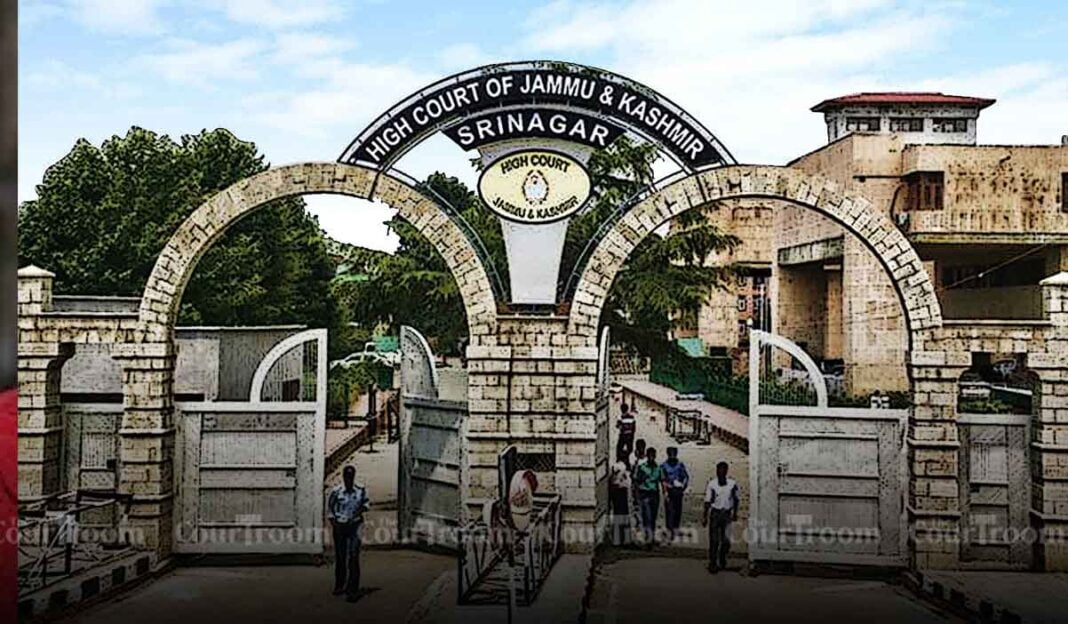Court Highlights the Misuse of Section 306 IPC in Suicide Cases
The Jammu and Kashmir and Ladakh High Court recently quashed a criminal case against a college teacher accused of abetting a student’s suicide after the student named him in a suicide note. The teacher had reported the student for attendance shortage prior to the incident [Rajnesh Sharma vs Union Territory of Jammu and Kashmir].
In the ruling, Justice Rahul Bharti emphasized that simply because someone who dies by suicide felt anger, frustration, or annoyance due to another person’s actions does not automatically lead to a charge of abetment under Section 306 of the Indian Penal Code (IPC).
The Court noted that such an interpretation of the law would unjustly expose individuals in positions of influence, like teachers or parents, to criminal liability whenever someone under their guidance takes their own life.
“Just because a person committing suicide was angered, annoyed, or frustrated by the acts of another person, this does not automatically rope the latter into a Section 306 IPC charge. Otherwise, parents, teachers, guides, superiors, etc., would constantly face the fear of being implicated under such charges whenever a person subject to their authority chooses to end their life,” Justice Bharti remarked in the August 20 judgment.
The Court clarified that Section 306 of the IPC is not intended to be applied casually, without careful consideration of the circumstances surrounding the suicide.
(With inputs from agency)
Share your news, articles, deals, columns, or press releases with us! Click the link to submit and join our platform today.


